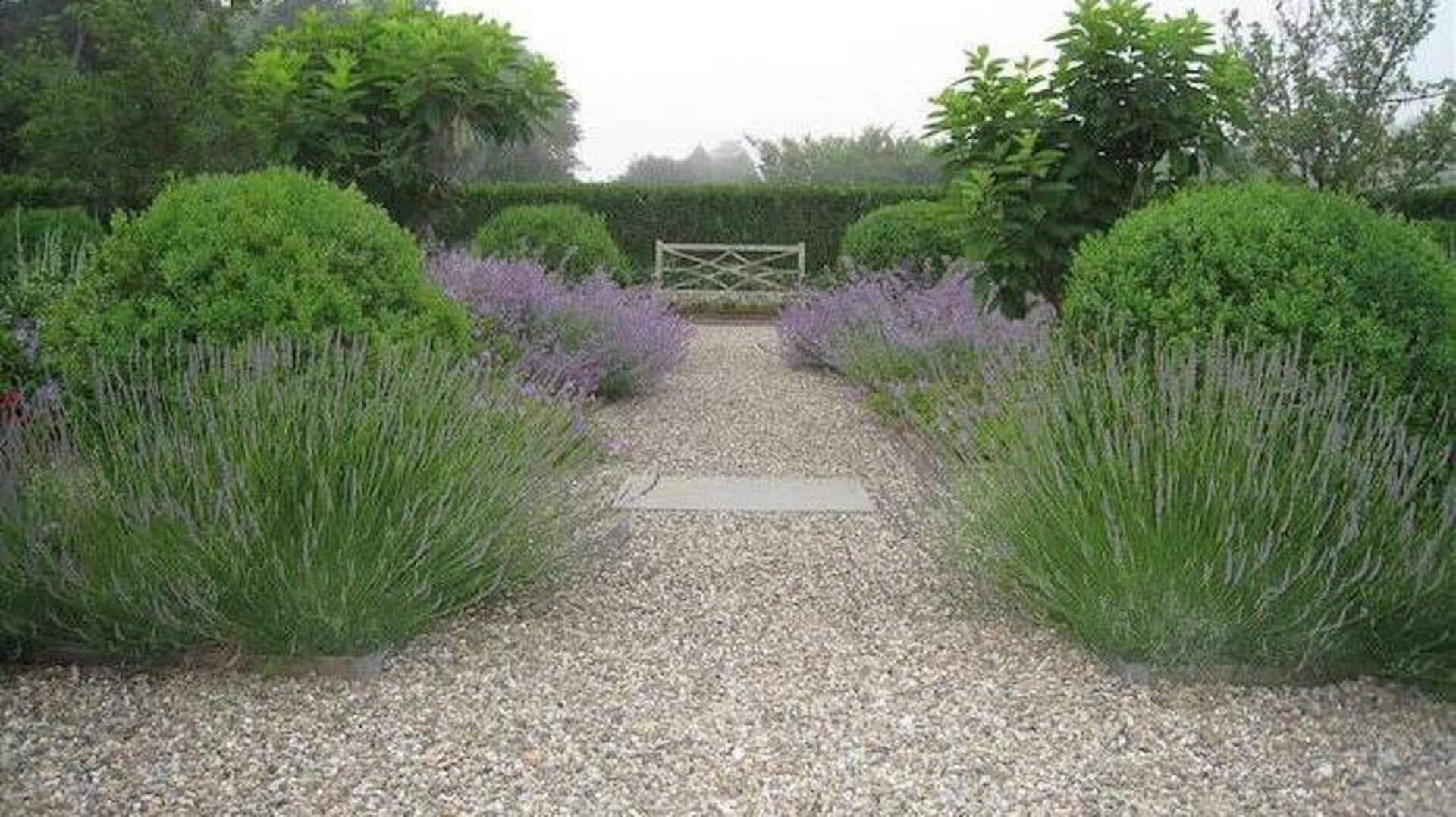
How to use crushed seashells in gardening
What's the story
Crushed seashells make for a natural, eco-friendly alternative to traditional fertilizers for gardening. They are rich in calcium and other essential minerals that promote plant growth. By adding crushed seashells to your garden, you can improve soil health and boost plant vitality without the use of synthetic chemicals. Here are five ways to use crushed seashells in your gardening routine.
Tip 1
Enhance soil structure
Adding crushed seashells to soil can improve its structure by enhancing aeration and drainage. This is especially useful for clay soils that tend to retain too much moisture. The sharp edges of the seashells help break up compacted soil, allowing roots to penetrate more easily. Over time, this improves root health and promotes better nutrient uptake.
Tip 2
Boost calcium levels
Calcium is an essential nutrient for plants, as it strengthens cell walls and promotes healthy growth. Crushed seashells are a great source of calcium carbonate, which slowly releases into the soil as it breaks down. This natural source of calcium can help prevent blossom end rot in tomatoes and peppers, while also promoting overall plant health.
Tip 3
Attract beneficial insects
Crushed seashells can also attract beneficial insects like ladybugs and lacewings to your garden. These insects prey on common pests like aphids and mites, thus reducing the need for chemical pesticides. By creating a habitat with crushed seashells, you encourage these helpful creatures to visit your garden regularly.
Tip 4
Improve compost quality
Adding crushed seashells to compost piles improves the quality of compost by adding essential minerals. As they decompose, the seashells release nutrients that enrich the compost mix. This nutrient-rich compost can then be used as an organic fertilizer for various plants, improving their growth and vitality without the need for synthetic additives.
Tip 5
Mulch alternative for gardens
Crushed seashells make an excellent mulch alternative because they help retain moisture and suppress weed growth around plants. Their reflective surface also helps keep the soil temperature stable during extreme weather conditions such as heatwaves or cold snaps. This makes them an ideal choice for gardeners looking for sustainable mulching options.